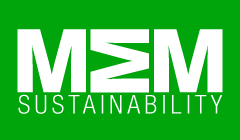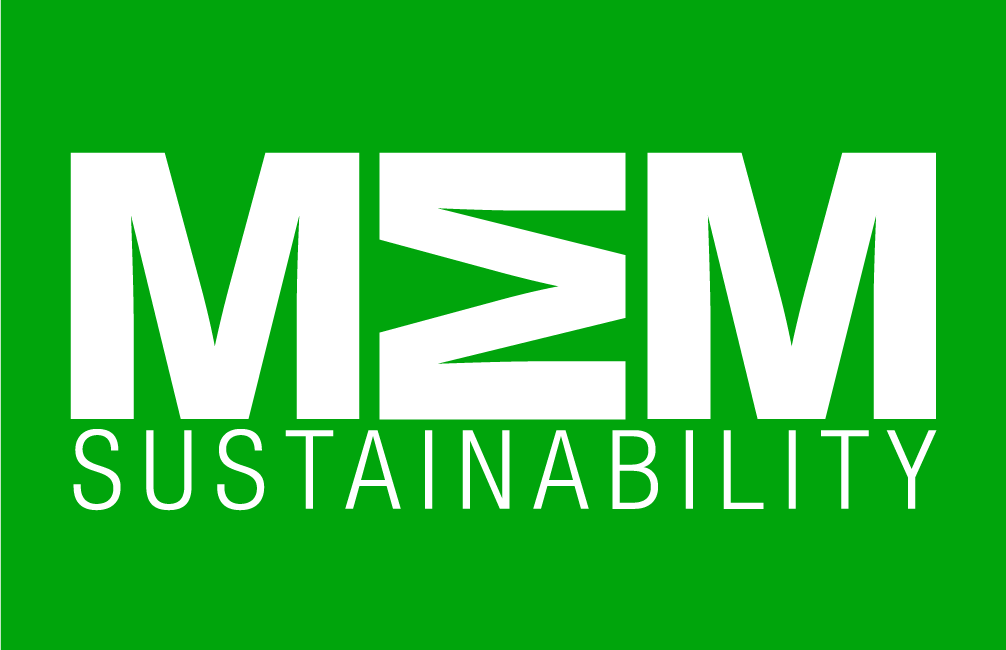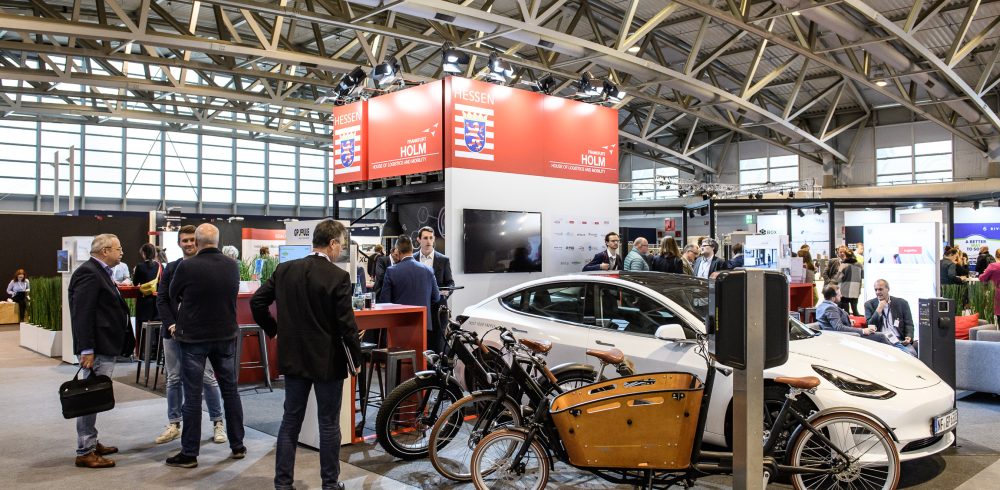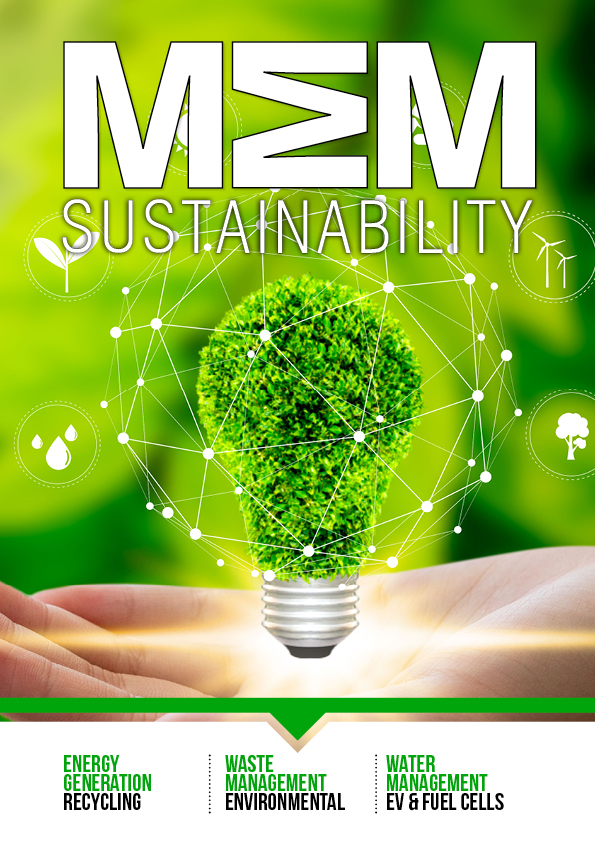The climate target is clear: The earth cannot be allowed to warm by more than 1.5 degrees. This was set down in the Paris Agreement in 2015 that has been signed by nearly 190 countries. In order to reach this goal, mobility will have to do its part. It has to become greener, smarter and more efficient.
In addition to new transport systems, networking modes of transport, big data in mobility and smarter transport planning, there is another question that has to be answered: how will vehicles be powered in future? CO2 emissions must be reduced drastically and fossil fuels need to be replaced by alternative drive technologies. Which alternatives have the best prospects for implementation?
Electromobility is gaining momentum, especially when it comes to individual transport. From 2035 onwards, General Motors wants to stop producing combustion engines, as does Renault, and Volvo wants every second car to be an e-vehicle from 2025. Despite this, electromobility does not have to be the only drive type when it comes to the emissions-free mobility mix of the future. Synthetic fuels, i.e. E-Fuels, could also play an important role.
E-fuels are produced from water and carbon dioxide using electricity and can be used in either gaseous or liquid form to power vehicles. Although they require a great deal of energy to produce, there are powerful arguments in their favour: be it for their transport, storage or use, e-fuels can utilise the very same infrastructures that serve combustion engines. This means not only that the existing transport and storage systems for oil can continue in use, but also that filling stations and fuel distribution networks can remain in operation.
Hydrogen can also play an important role in future. It is a new fuel that promises to bring changes to heavy and long-distance transport in particular. Even so, the question as to whether hydrogen will really serve as a key energy source for future mobility depends on how efficiently it can be stored and transported.
Alternative drive technology will be one of the topics of discussion at Hypermotion Frankfurt from 14 to 16 September 2021 – live and in person at the exhibition grounds and online. As a multimodal innovation platform, the event brings every mode of transport together to collaborate in finding new business models for mobility and logistics.
The concept features a conventional exhibition that shares many characteristics with a conference: Trade fair is supplemented by tech talks, panel discussions and start-up pitches. In addition to alternative drive technology the event’s focus is on hyperloop technology, urban logistics and mobility concepts and solutions for intelligent supply chains.
More information on Hypermotion Frankfurt and the tickets.















